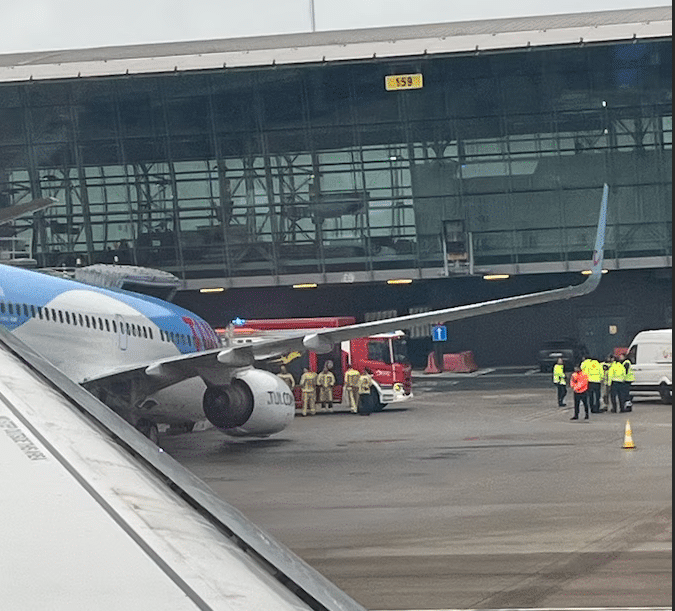The US regulator FAA accuses Boeing of hiding important documents
As we already mentioned in the forum yesterday, an exchange of messages between Boeing employees dating from 2016 reveals that the automatic system that prevented the 737 MAX from going into a dive made the aircraft difficult to fly in a simulator, according to a document submitted by the manufacturer to an inquiry commission.
In this instant messaging exchange, Mark Forkner, at the time the pilot in charge of leading the international certification of the 737 MAX, told a colleague that the MCAS – the system that has since been implicated in two crashes that killed 346 persons – was acting unpredictably in a flight simulator: “It’s running rampant.”
“Granted, I suck at flying, but even this was egregious,” the pilot continued in this conversation with a fellow 737 technical pilot at Boeing, Patrik Gustavsson.
“The plane is trimming itself like crazy,” he wrote to Gustavsson. “I’m like WHAT?”
The latter pointed out that the instructions in the flight manual should be updated.
“I basically lied to the regulators (unknowingly),” Mr Forkner replies, to which his colleague adds, “it was not a lie, no one told us that was like that“.
The US Federal Aviation Agency (FAA) Friday accused Boeing of hiding these important documents related to the 737 MAX certification.
Late Thursday night, Boeing alerted the Department of Transport to the existence of instant messages between two Boeing employees, discussing some elements of communication with the FAA during the initial certification of the 737 MAX in 2016, the regulator denounces in an email.
Boeing provided the transcript to lawmakers on Capitol Hill on Friday morning, in advance of the hearings this month at which its CEO Dennis Muilenburg will testify about the crashes for the first time.
“Boeing told the Department of Transport that it had discovered these documents several months ago” but did not tell the FAA.
“The FAA found the substance of the documents worrying,” said Friday the regulator, who says it is “disappointed” that Boeing did not “immediately” bring these documents to its attention as soon as it became aware of their existence.
“The FAA is reviewing the information (contained in the documents) to determine what appropriate action to take against Boeing,” says the regulator, whose proximity to Boeing has been denounced from all sides since the accidents.
To prove its independence, the FAA sent a letter Friday to Dennis Muilenburg, summoning him to explain why it had not provided the messages to the agency earlier.
“I expect your explanation immediately regarding the content of this document and Boeing’s delay in disclosing the document to its safety regulator,” Steve Dickson, the FAA administrator, wrote in the letter.
In a brief statement, Boeing simply assures that he will continue to collaborate in the investigation by a House of Representatives committee. “We will continue to follow the instructions of the FAA and other regulators around the world as we work to return the 737 MAX into service safely.”
A Boeing spokesman said the company did not give the messages to the FAA earlier because of the ongoing criminal investigation.



